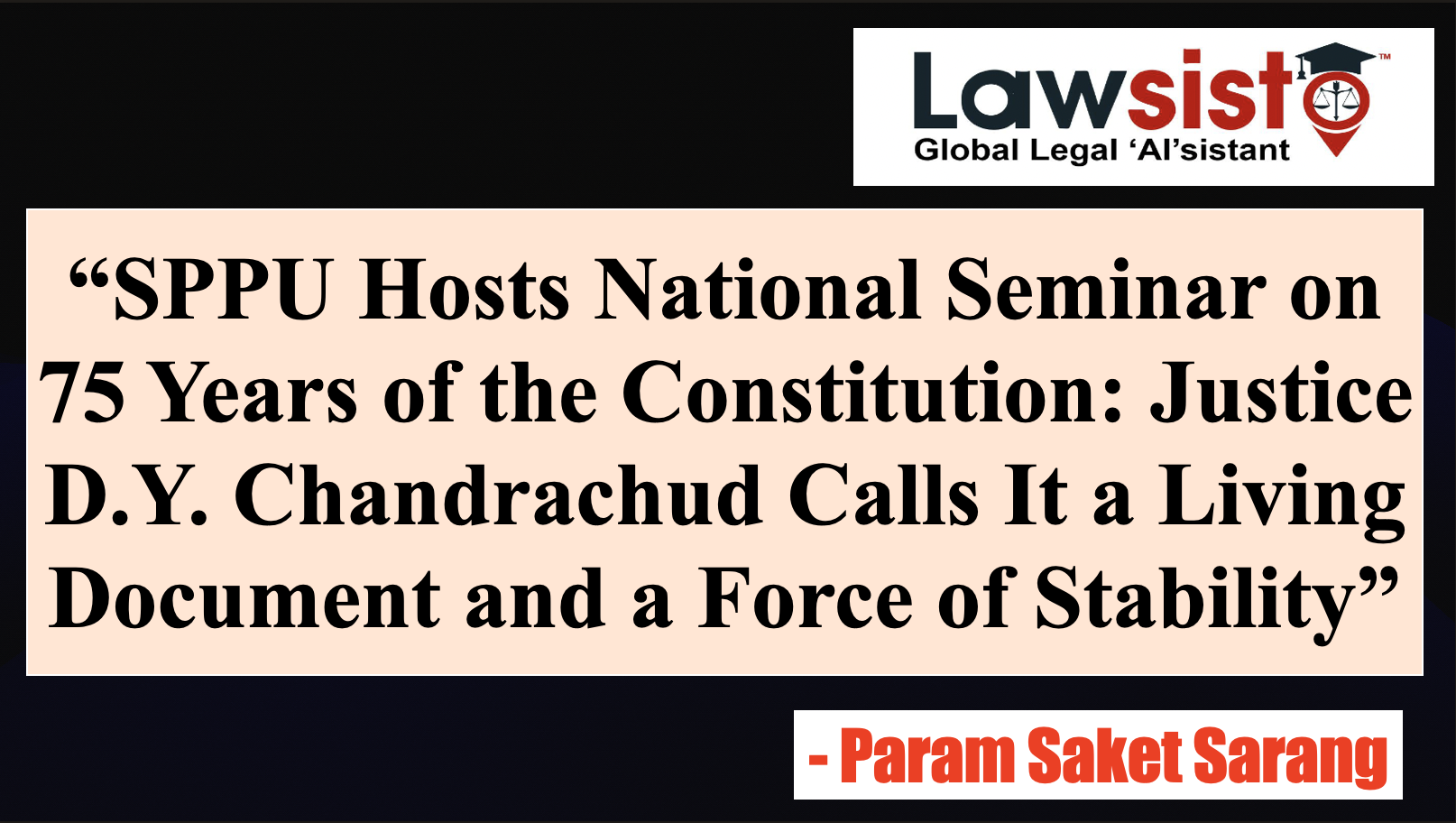Latest Articles
Defamation

Defamation
Defamation can be defined as causing an injury to the reputation of a person. If a person injures the reputation of someone, he does so at his own risk, and this reputation is considered as the person’s property or even more valuable possession. It is the publication of a statement which tends to lower the reputation of a person in the eyes of right thinking people in the society. It could take place in various forms and through various media or sources. For instance, it could be oral, written, printed, and published, through a picture or by effigy or even through conduct. Whether a statement is defamatory or not depends upon how the right thinking members of the society are likely to take it.
Defamation can be of two types i.e., libel and slander. Libel is representation made in some permanent form whereas slander is the publication of a defamatory statement in a transient form. Both libel and slander are criminal offences under Section 499 of the Indian Penal Code and are actionable per se. Under English law, libel is a crime but slander is not. Slander is considered only as a civil wrong in England. But no such distinction is done between libel and slander in India. Defamation is both civil and criminal wrong and a person suffering from defamation can opt for either of both remedies. In other words, both civil and criminal case can be filed for defamation.Sometimes it might also happen that the statement is prima facie innocent, but due to some secondary or latent meaning it is considered to be defamatory. In such cases if the plaintiff wants to bring an action for defamation he must prove the secondary meaning i.e. innuendo, which makes the statement defamatory.The following are the essentials of defamation-
- The statement must be defamatory.
- The defamatory statement must refer to the plaintiff and must be understood to the right-thinking members of the society, as referring to the plaintiff.
- The defamatory statement must be published.
- In case of slander, either there must be proof of special damages or the slander must come within the serious classes of cases which is actionable per se.
Defamation can be better understood with the help of a case law. In D.P.Choudhary v. Manjulata, the plaintiff-respondent belonged to a distinguished educated family of Jodhpur. She was about 17 years old and was a B.A student. There was a publication in a local daily that last night at 11 p.m. she had run away with a boy, after she went out of her house for attending night classes in her college. The news was false and was published with utter irresponsibility. Her marriage prospects were adversely affected by this news. So, she filed case in the court with this regard. The court held that all defamatory words are actionable per se and in such a case, general damages will be presumed. So she was awarded a damages of Rs. 10,000 by way of general damages.
















































































































































































































































































































































































































































